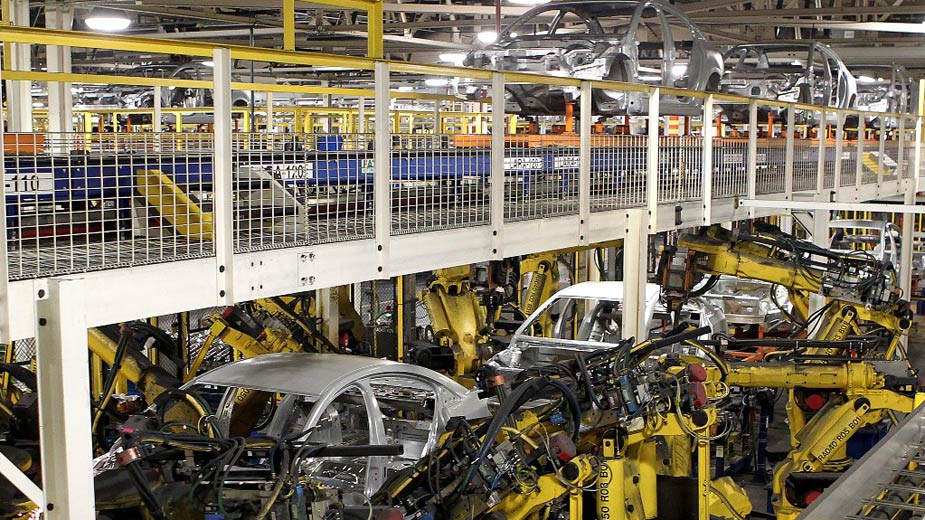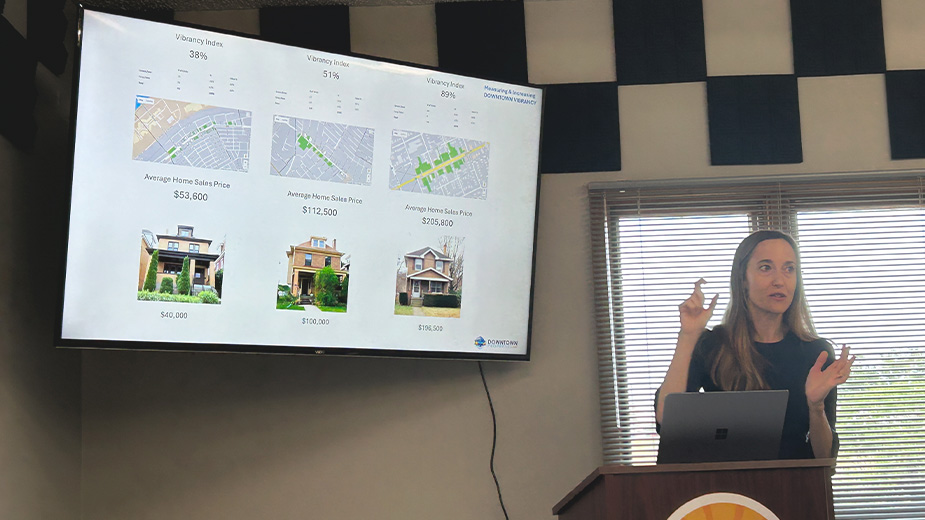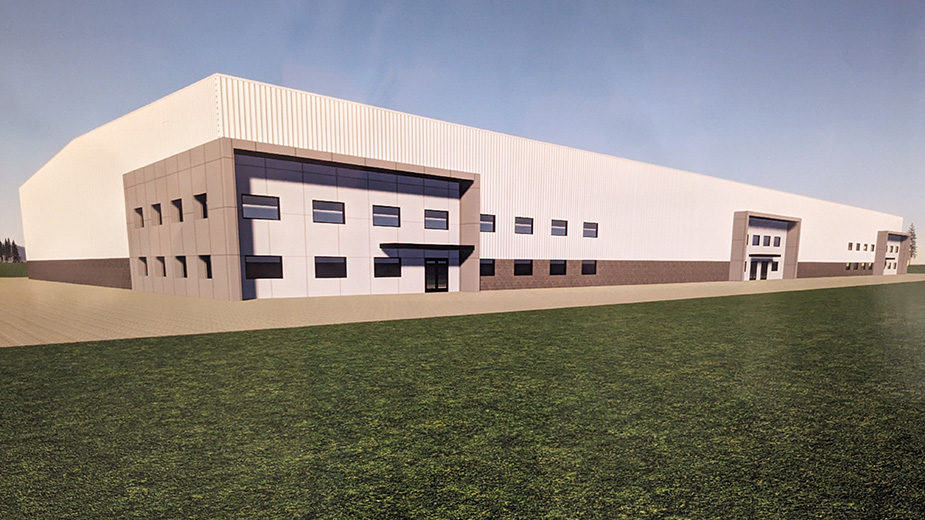Lawmakers Urge GM to Invest in Lordstown as Tariffs Hit
VIENNA TOWNSHIP, Ohio – On the heels of a report Friday from the Associated Press that quotes analysts as saying the Lordstown Assembly could be among the factories General Motors Co. closes, lawmakers say they’re working to convince the company to reinvest in the plant.
Following a tour of the new firing range at Youngstown Air Reserve Station, U.S. Sen. Rob Portman and U.S. Reps. Bill Johnson and Tim Ryan all questioned the automaker’s decision to eliminate shifts at the Lordstown plant.
“This is not a partisan issue in any sense,” said Ryan, D-13 Ohio. “To have a company be, in so many ways, insensitive to the needs of this plant — not only with layoffs but with the day they’re leaving announcing a new product made in Mexico — that’s not what we want for our workers and we’re not happy about it.”
On June 25, second-shift workers at the Lordstown Complex clocked out for the last time. The same day, GM announced it would build the new Chevrolet Blazer at the Ramos Arzipe plant in Mexico, which also builds the Chevy Cruze for international markets.
Earlier this month, U.S. Sen. Sherrod Brown, D-Ohio, said that in talks with GM CEO Mary Barra, she would not commit to keeping Lordstown open, citing the high costs of retooling the plant for a new model.
But on Friday, Portman said, “There’s some discussion on retooling what’s there or bringing in new tooling.
“My hope is that there’s pressure at every level, including the administration, to get General Motors to do what’s in their interest and the interest of the community,” said Portman, R-Ohio. He emphasized that his talks with Barra have focused on bringing a new model to the plant. “Just because there isn’t a market particularly for the Cruze and small cars, that doesn’t mean there isn’t a strong market for other products.”
Added Ryan, “It can’t be cut-throat. It’s got to be, ‘We helped you. Will you consider reinvesting?’ There’s got to be some product somewhere [for which] we can put a package together with the state and local [officials] to make Lordstown look like a profitable place.”
If it comes to fruition, such an investment would come at a time when profits are tightening at General Motors. The company’s second-quarter earnings are down 2.8% from last year, which was attributed to the rising costs of steel and aluminum, two products affected by the tariffs instituted by President Donald Trump.
“I think the last thing the President wants to see is manufacturing go to Mexico, whether it’s the auto industry or any other. If there’s anything we can do, we want to be part of that solution,” said Johnson, R-6 Ohio. “That being said, I know there are a lot of factors contributing to General Motors’ decisions. The cost of steel is a big issue and on the consumer side, aluminum.”
Across the industry, automakers are unhappy with the tariffs, said Portman, a member of the Senate Auto Caucus, as they increase the cost of producing vehicles, up to $1,800 on SUVs and large cars.
“There are going to be near-term consequences and I’ve spoken to the administration about my concerns,” Johnson said. “We need to do everything we can to mitigate those consequences. There are going to be speed bumps along the way. But at the end of the day we’ll end up in a better place.”
Johnson said that the tariffs are a work in progress and what Americans are seeing is “a crescendo of bad trade policies” that should have been addressed “years and years and years ago.”
Portman pointed to an agreement between the U.S. and the European Union announced July 25 that would see a hold placed on tariffs while negotiators work out a larger deal. The agreement also saw European officials pledge to purchase more natural gas from the United States.
“We’ve got a lot of balls in the air right now with Canada, Mexico, the European Union, China,” Portman said. “We’ve got to resolve these disputes so workers in Ohio have some certainty going forward. We had over 4% [GDP] growth [in the second quarter]. It would have been even higher but for these trade disputes. We need to be sure countries are playing fair, that China doesn’t cheat and that the European Union, Canada, Mexico and others provide reciprocal treatment.”
President Trump said Thursday that he and the president of the European Commission, Jean-Claude Juncker, would be working toward eliminating tariffs and trade barriers.
“We agreed today to work together toward zero tariffs, zero nontariff barriers and zero subsidies on non-auto industrial goods,” he said.
Ryan, a critic of placing tariffs on the European Union, said there needs to be a long-term strategy to the trade measures. The seemingly day-to-day changes of tariff rates, he said, forces companies to focus on the short-term.
“If you’re a CEO, you don’t know what to do because you’re sourcing from all over the world and you can’t make a long-term investment. That’s hurting companies like General Motors,” he said. “How can a business plan long term? The chaos around the tariffs is the problem.”
Pictured: A production line inside the General Motors Lordstown Complex.
Copyright 2024 The Business Journal, Youngstown, Ohio.



